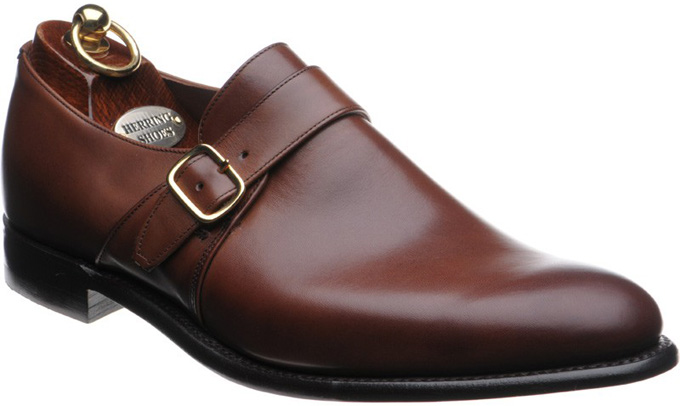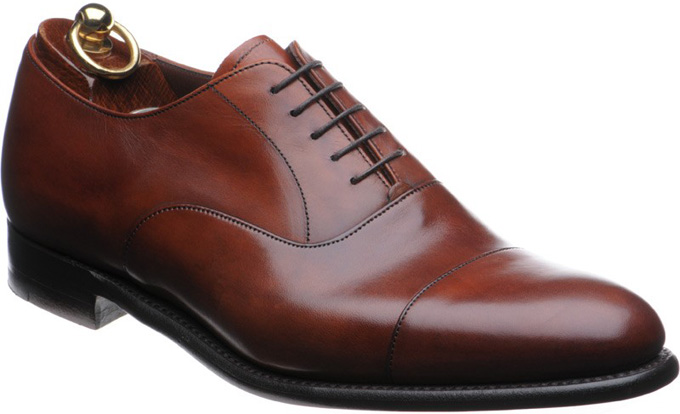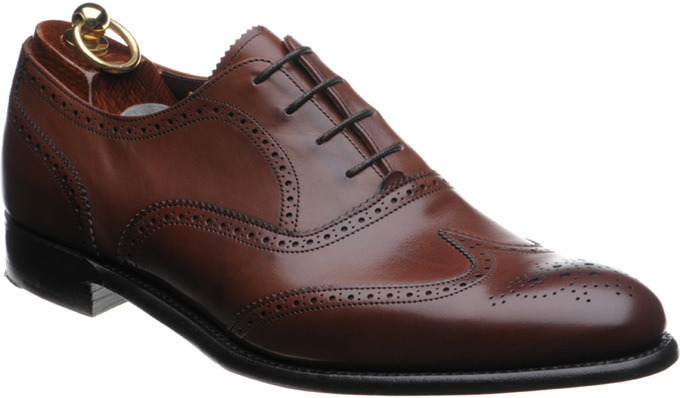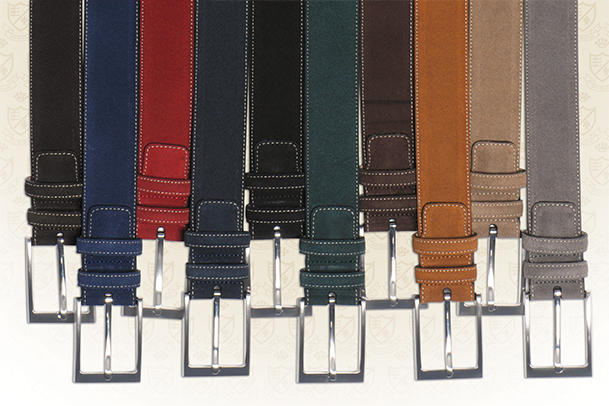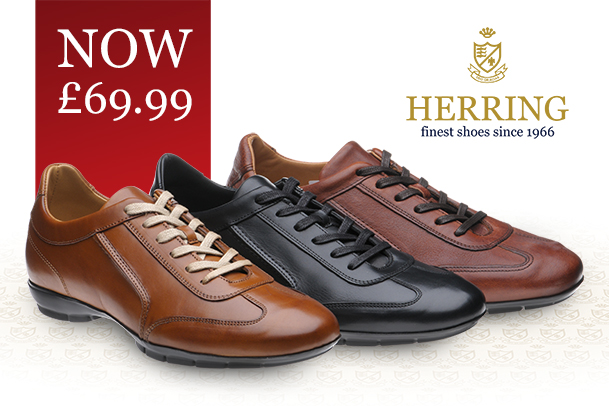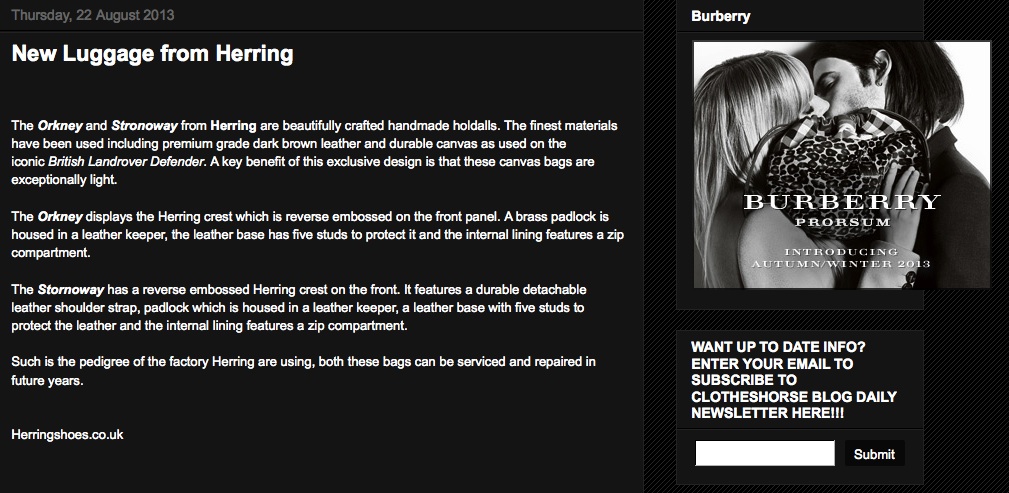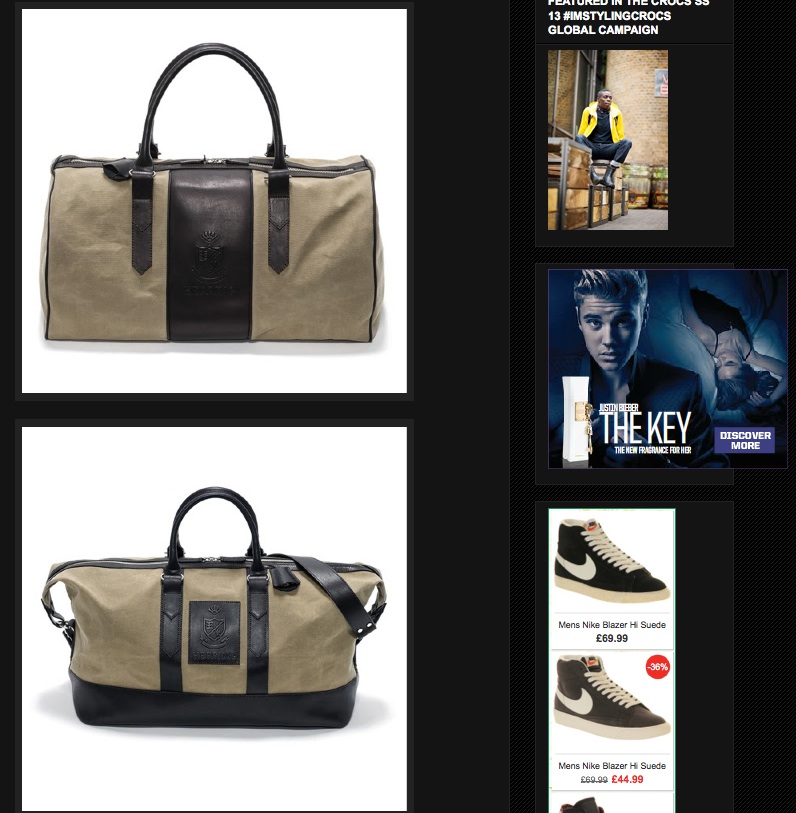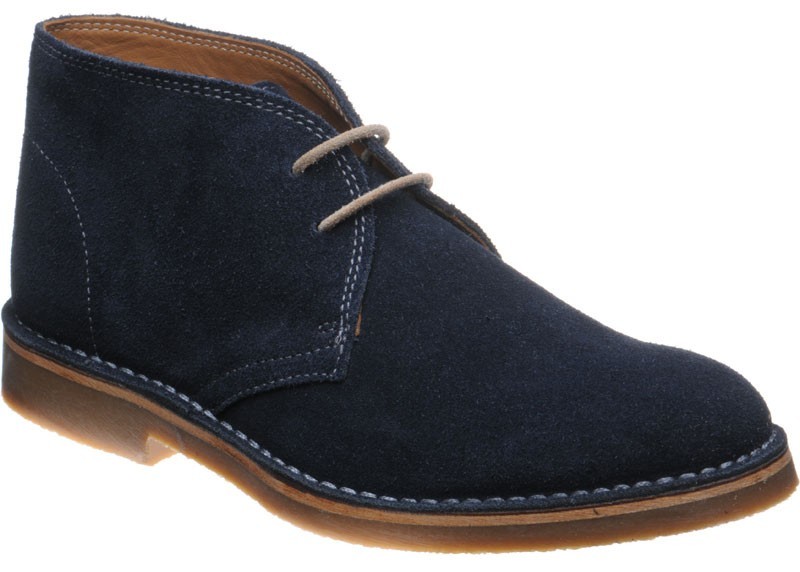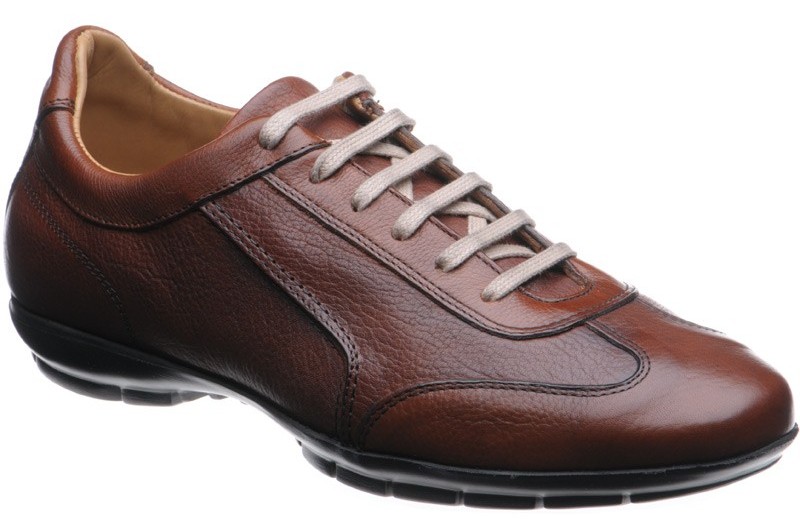
The Brogue is one of the most iconic shoe designs for men. The term brogue refers to the punching of holes into leather: the more holes that are on the shoe the more brogueing it has.
Brogue: a shoe with punching on the toe, around the sides (wing-tip) and the rear counters is known as a brogue or full-brogue. View all our brogues.
Semi-brogue: a shoe where the punching is just on the toe cap and rear counters is a semi-brogue. View all our semi-brogues.
Quarter-brogue: a shoe that only has a single row of punching on the toe-cap is called a quarter-brogue.
The brogue style is the most flexible design because it is made from multiple pieces of leather. This allows different leather and fabric combinations – known as two-tone or spectator shoes – to be created. The most famous wearer and populariser of the brogue was the notorious Edward the Prince of Wales in the 1930s. It is now seen as an acceptable business shoe in black, or a relaxed but smart country shoe in brown.
At Herring we have made our own bespoke ranges for many years and the two-tone is the core of our in-house designs. Our Fencote is one of our most popular shoes, showing that two-tone can be very tasteful, rather than brash. Similarly our own Herring tweed brogues are easy to wear with many colours, incorporating greens, browns, reds and blues.
The unusual fact about the brogue is that far from starting as a formal shoe, their origins began in the muddy fields of Ireland. It is thought that the perforations were originally added to allow water to drain out of the shoes – maybe they were the forerunner of the modern Crocs?
We are always looking for the next interesting modification we can make to our brogues, because they are so flexible and yet so classic that we never get tired of them.
If this has piqued your curiosity, then you can view all our brogues here on the main Herring site.
 in the Dappered blog, and you can win a pair in your size! The deadline is the 4th of November just before midnight (EST) though, so don’t delay. See the link below.
in the Dappered blog, and you can win a pair in your size! The deadline is the 4th of November just before midnight (EST) though, so don’t delay. See the link below.